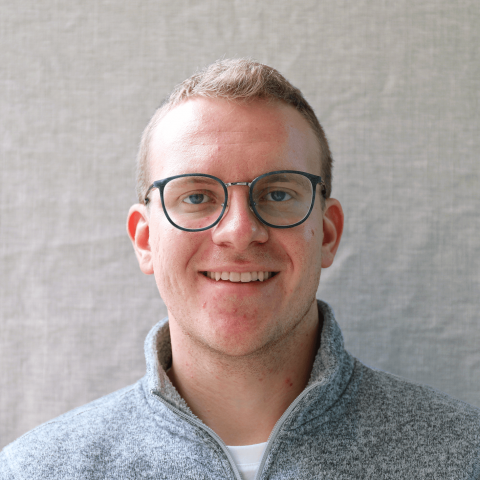Ali Haydaroglu
Ali studies the rich, high-dimensional dynamics of the brain by combining data from high-throughput imaging techniques and tools from Machine Learning research. His interests include the structure and transformation of representations of sensory stimuli and their modulation by ongoing activity. He is also interested in the structure of communication within and between distinct brain regions. He is supervised by Matteo Carandini and Kenneth Harris, and his project involves a collaboration with the Vaziri lab at Rockefeller University utilizing the million-neuron light beads microscope.
Ali is a passionate supporter for equity, diversity and inclusion in academia and within STEM in general. Before coming to UCL, he completed the Engineering Science program at the University of Toronto with a specialization in Electrical and Computer Engineering. During his undergraduate degree, he worked with Dr Taufik Valiante on developing responsive deep brain stimulation algorithms for patients with epilepsy. Prior to entering neuroscience, Ali led the development of a student-built microbiology satellite, HERON Mk II, which will launch into orbit in early 2022. He also worked as a researcher at Structura Biotechnology developing machine learning tools to reconstruct atomic-resolution 3D maps of proteins from cryo-Electron Microscopy images.
